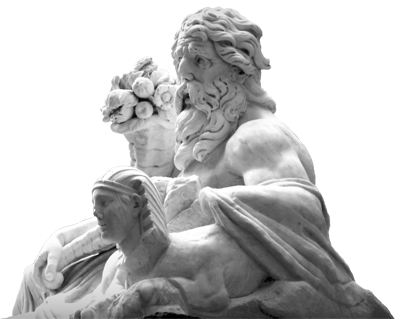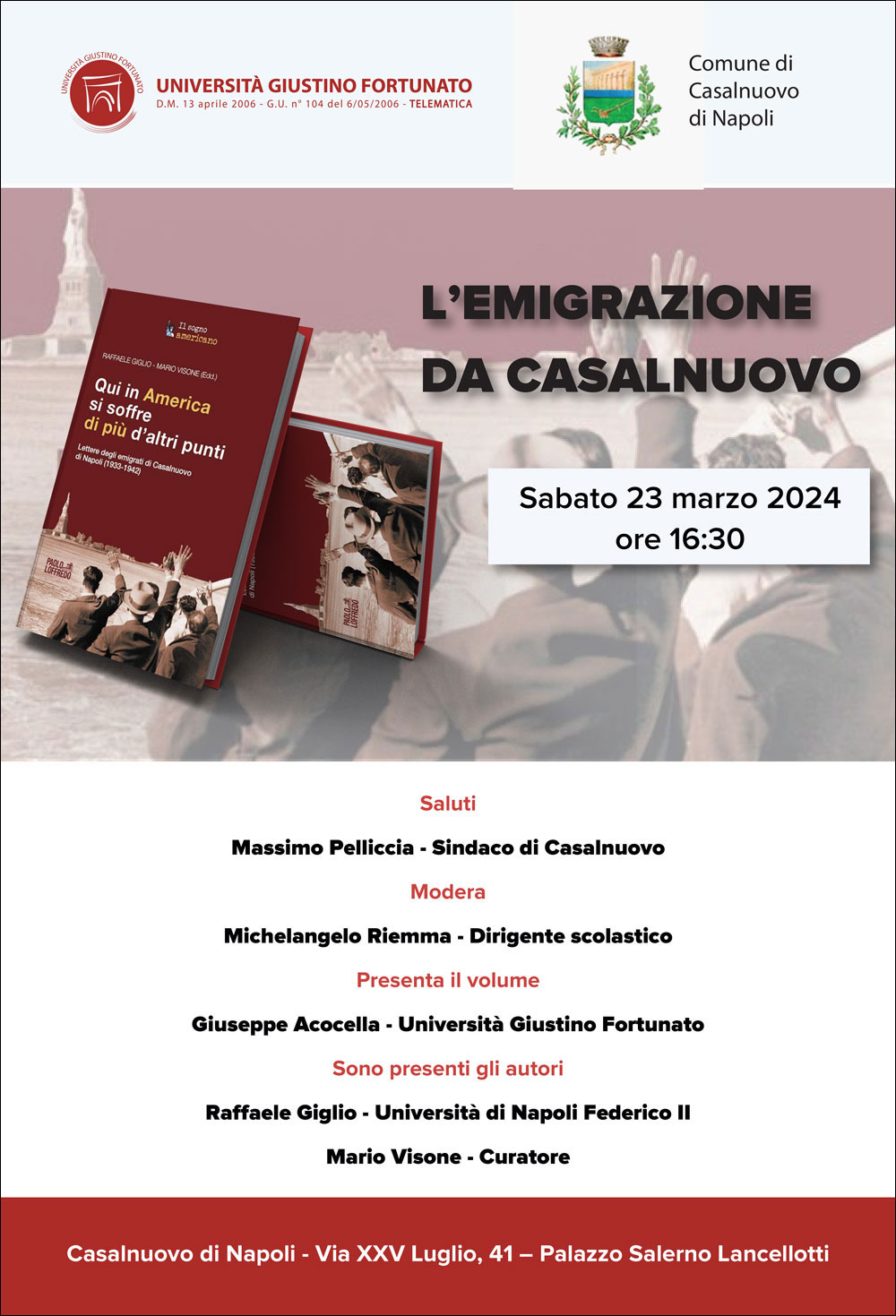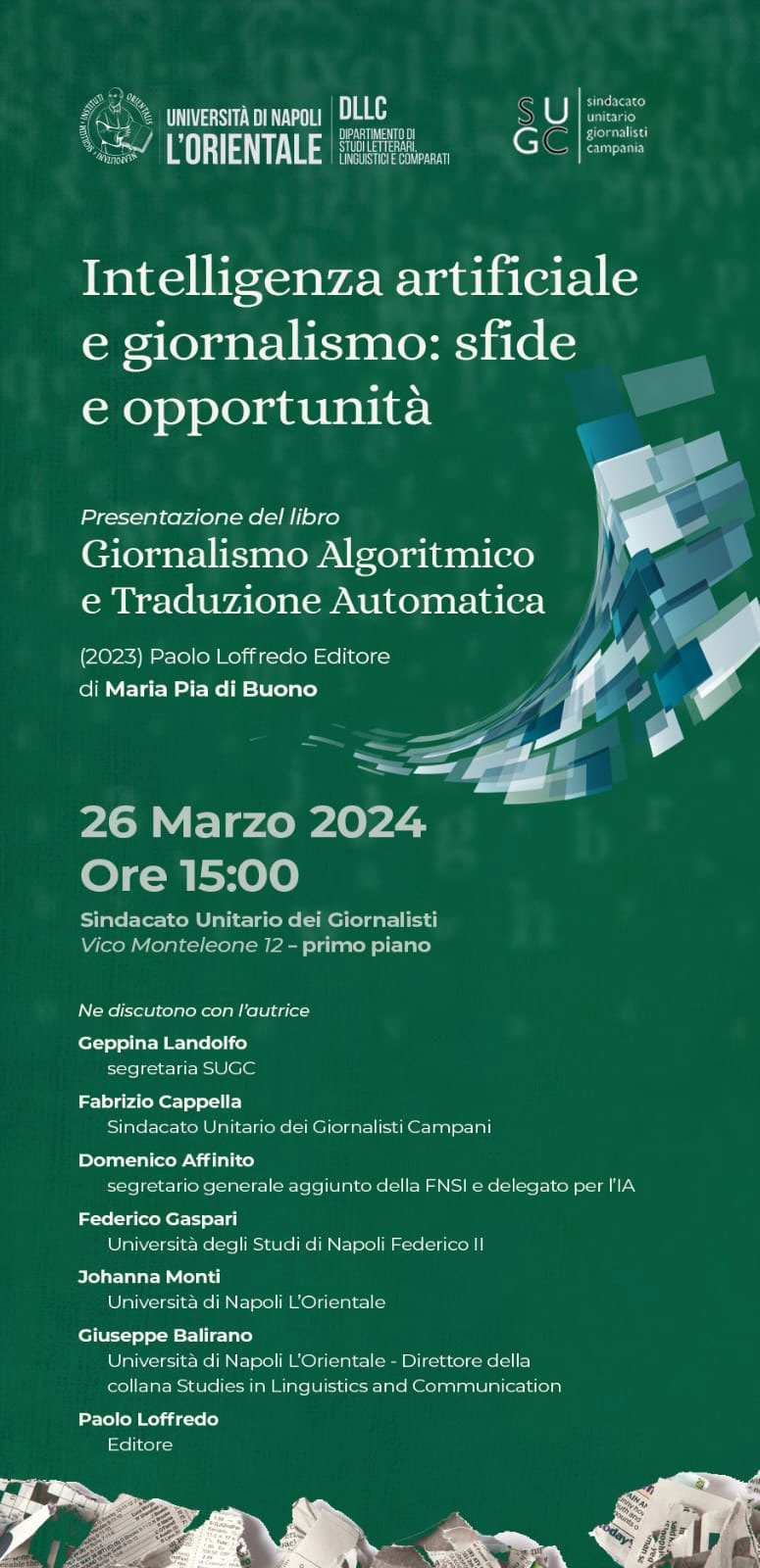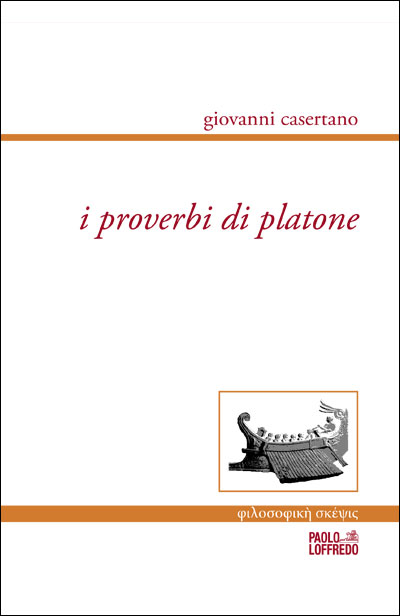 Paolo Loffredo, sixth generation of a large family of publishers and booksellers engaged in the production and distribution of books since the late nineteenth century, creates in 2012 the new editorial company Paolo Loffredo Editore. The historical site was until the '80s in the heart of the historic centre of Naples in Via San Biagio dei Librai, lower Decumano and also known as the SpaccaNapoli.
Paolo Loffredo, sixth generation of a large family of publishers and booksellers engaged in the production and distribution of books since the late nineteenth century, creates in 2012 the new editorial company Paolo Loffredo Editore. The historical site was until the '80s in the heart of the historic centre of Naples in Via San Biagio dei Librai, lower Decumano and also known as the SpaccaNapoli.
At the beginning of the twentieth century, Giuseppe Loffredo decided to add book selling to the book production, which definitively imposed itself after World War II with the publication of manuals for the University and for the School that succeeded in establishing themselves soon throughout Italy.
LAST EVENT
"L'emigrazione da Casalnuovo"
23 Marzo 2024 - Palazzo Salerno Lancellotti Ateneo, via XXV Luglio, 41 - Casalnuovo (NA) - ore 16,30

--------------------------------------------------------------------
"Intelligenza artificiale e giornalismo: sfide e opportunità"
26 Marzo 2024 - Sindacato Unitario dei Giornalisti - vico Monteleone, 12 - primo Piano - Napoli - ore 15,00

I proverbi di Platone
ISSN: 2611 - 3652
Language: Italian, Greek
Publisher: Paolo Loffredo Iniziative Editoriali

Description
I proverbi di Platone
«Non svegliare il can che dorme», «I vicini hanno la vista più acuta delle volpi», «Storie di vecchie», «Difficili le cose belle», «Il canto del cigno», «Temere la propria ombra»: are only few proverbs which can be found in platonic dialogues and which are still used in different linguistic contexts. Actually, in the platonic dramatic representations, proverbs and sayings have their own role. Both Homeric and Hesiodic, mythical and religious sayings are used to highlight significative passages in the discussions. Doing that, Plato often twistes the meanings, with new senses and philosophical perspectives.
In this volume, the authors adds to common sayings many other expression Plato created himself.



